For a franchise that became a cult classic after the release of the 1984 film adaptation by David Lynch, and recently popularized by Denis Villeneuve’s imaginative reincarnation, there are surprisingly few Dune games available on the market. This is why many fans are rightly excited about Dune: Spice Wars.
A self-described real-time strategy (RTS) game with 4X elements, the game feels very much more like the latter than the former and so fans of the classic Command & Conquer style RTS should know what they are getting into. If 4X is your bag, then the rich and extensive source material provided by legendary sci-fi novelist Frank Herbert provides a wealth of characters, locations, unit types, and interesting factions, as well as plenty of subtle nods and references, which only die-hard fans of the books will appreciate.
10 Fedaykin: The Fremen Guerilla Fighters
Fans of the game will recognize the term Fedaykin as a reference to the elite Fremen units who, armed with crysknives, become more powerful as their number of opponents increases, making them the perfect unit to spearhead an attack.
Those who have read the books will recognize the Fedaykin as the former Fremen guerrilla fighters who later become Muad’Dib’s personal guard, the Death Commandos, and eventually form the elite core of his Jihad Army, traveling across the universe to fight the holy war in Frank Herbert’s sequel Dune Messiah.
9 Feyd-Rautha: The Charming Harkonnen
The words ‘charming’ and ‘Harkonnen’ aren’t often put together in the same sentence unless the adverb ‘not’ plays a part. But Feyd-Rautha represents the more politically astute side of the Harkonnen bloodline. In Dune: Spice Wars, he serves as a Harkonnen counselor, helping the player to crush their opponents using manipulation and charm.
In the books, Feyd is the desired heir of House Harkonnen. Young, ambitious, and keen with a blade, Feyd provides the narrative foil to Paul Atreides and privately forms the succession plan of Baron Vladimir Harkonnen who, in admiration of his nephew, seeks to install him as Rabban’s successor on Arrakis.
8 The Landsraad: Balancing The Scales Of Power
Players of the game may find the landlord voting system one of the more complex aspects of the game, but it is important to learn its intricacies as your faction’s voting power and political influence will affect various bonuses, which will apply to all factions.
In the novels, the Landsraad Council, which is represented by thousands of worlds, offers an important mechanism to balance power in the universe. It is well known that the only thing capable of being a match for the Imperial Sardaukar forces is the combined military strength of all the Great Houses.
7 Green And Black: Staying True To The Atreides Colors
Fans of the original games will remember that the colors of House Atreides were blue, with green being reserved for the insidious House Ordos in Westwood Studios' archetypal RTS, Dune 2.
But developer Shiro Games has stayed true to the books, keeping the Atreides colors as green and black, as described in Paul’s visions of the green-black banners of the coming Jihad.
6 Kulon Caravans: Making The Most Of The Desert Terrain
Those who decide to help the Fremen faction reclaim their home world may be somewhat bemused by the game’s only non-military unit. However, the Kulon Caravans, despite their high water cost, are an integral part of the Fremen strategy, using the planet’s terrain to their advantage.
The Kulon are given a vague mention in the wider lore of the franchise but are believed to be a type of wild donkey adapted for Arrakis and domesticated by the Fremen.
5 CHOAM: Taking A Cut Of Your Spice
Spice is the most important resource on Arrakis and is a central pillar to the players' income in Dune: Spice Wars. It is up to the player to decide how much spice to stockpile, with the rest being sold to the Combine Honnete Ober Advancer Mercantiles (CHOAM) at varying rates.
In the books, CHOAM was an organization that controlled all economic affairs across the cosmos, not just spice but clothing, artifacts, technology, and medical equipment.
4 Bannerjee: Underworld Security
Those who have thrown their lot in with the criminal underworld may have dealings with Esmar Tuek’s head of security Bannerjee, a man who rules his crew with an iron fist and has detailed knowledge of the most dangerous individuals in the smuggling world.
He first appears in Frank Herbert’s second book Dune Messiah as one of Emperor Paul Atreides’ security officers who had risen through the ranks of the Fremen Constabulary and earned the trust of both Chani and Stilgar.
3 The Spacing Guild: Faster-Than-Light Travel
Whether the player chooses to be House Atreides or the ruthless House Harkonnen, they will pay The Spacing Guild a spice tax. This is the same for those who choose non-house factions, only this time, the tax will be in the form of a bribe. Either way, every 25 (in-game) days, the player will part with some of their most precious resources.
As with the game, The Spacing Guild plays an important political role in the universe. It has a complete monopoly over all space travel but is itself totally dependent on a steady flow of spice. A weakness exploited by Paul Atreides at the end of the first novel, Dune.
2 The Padishah Emperor Shaddam IV
A new faction is coming to Dune: Spice Wars. House Corrino will join the battle in the next major update. This update will put the player in control of Padishah Emperor Shaddam Corrino IV and will offer a very different set of economic scales for the player to balance.
In Frank Herbert’s first installment Dune, the Padishah Emperor plays a key role in the plight of House Atreides and is eventually forced to concede the Lion Throne, raising Paul Atreides as the new Emperor, following his marriage to Shaddam’s daughter, Princess Irulan.
1 Mentats: Logic, Strategy, And Manipulation
Whether the player chooses the way of honor and diplomacy or the way of brute force, they are likely to meet either of the house's mentats, Thufir Hawat and Piter de Vries. These councilors can weaken opponents with espionage and economic disruption.
The concept of mentats, as close a thing as you can get to human computers, plays an important role in the novels. In particular, the revelation that Paul Atreides is himself a mentat and has, against his own knowledge, been undergoing mentat training. Crucially, the combination of this, Paul’s Bene Gesserit training, and the effects of his exposure to the spice melange opens the door to him fulfilling his destiny and becoming the Kwisatz Haderach.

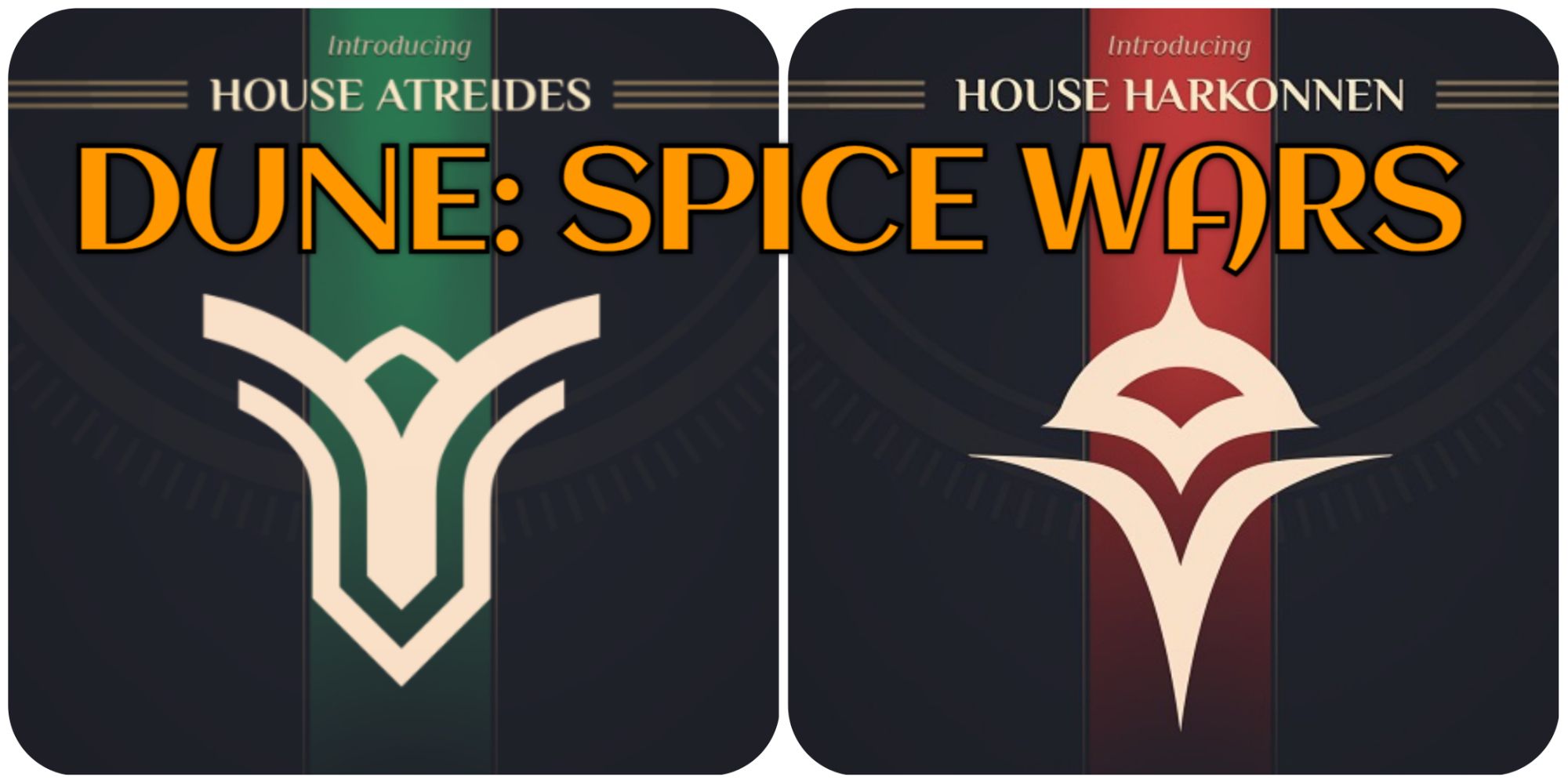
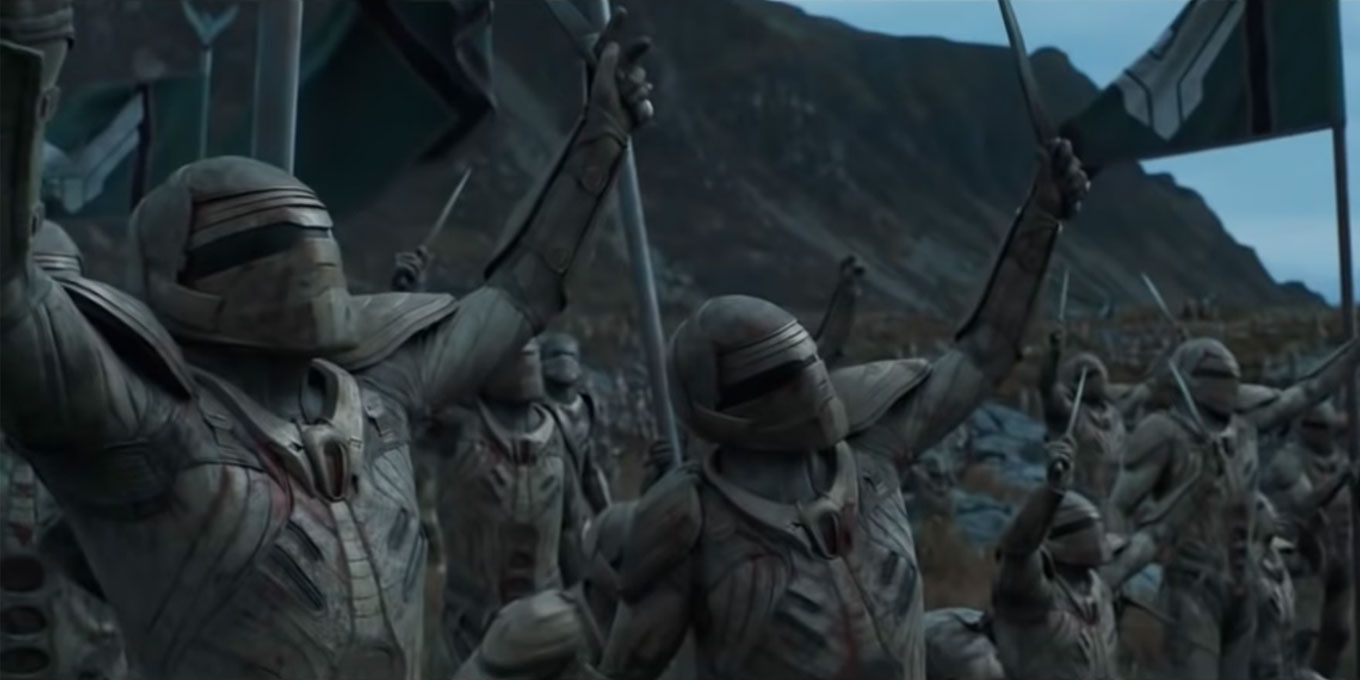

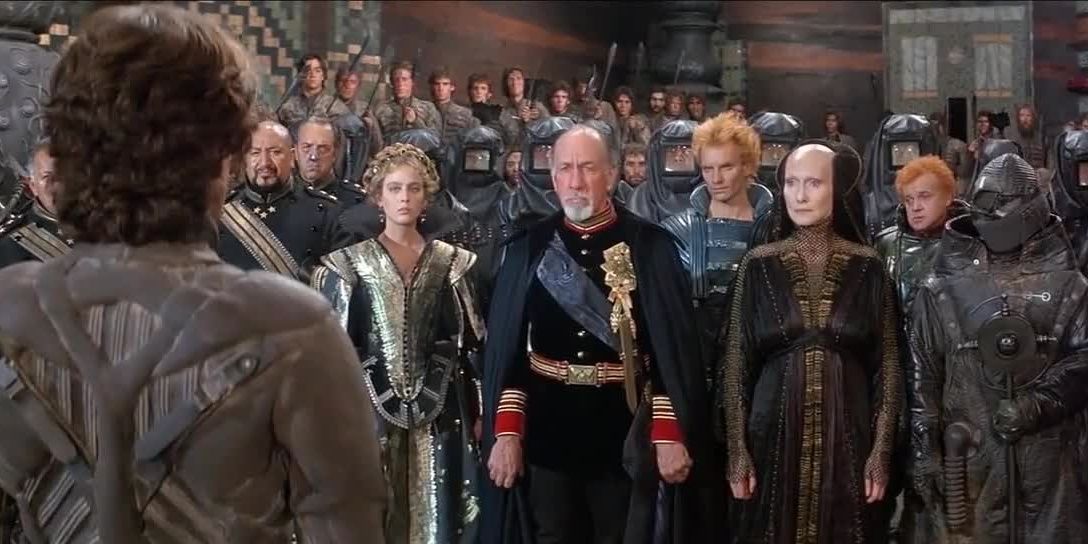
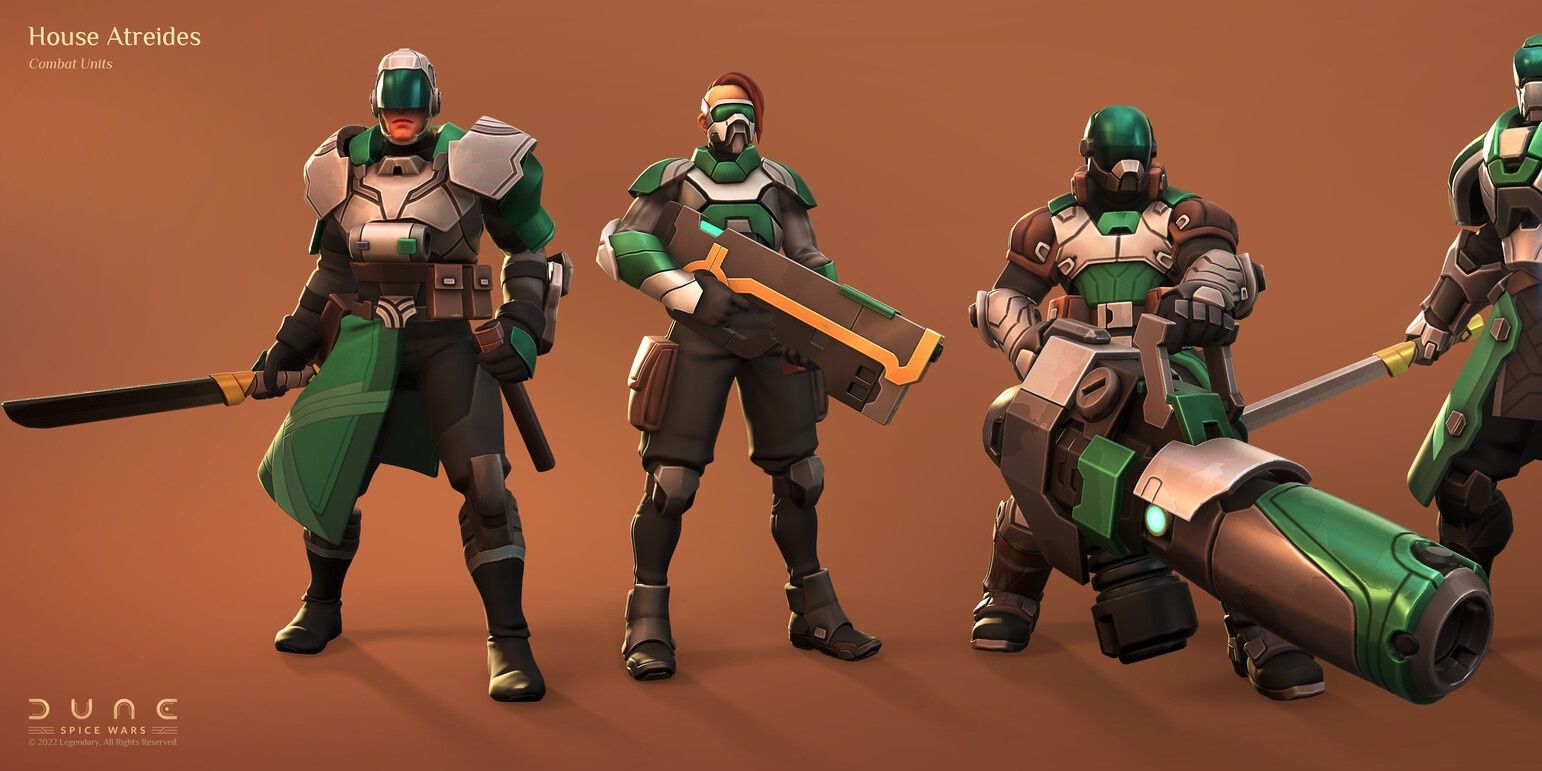
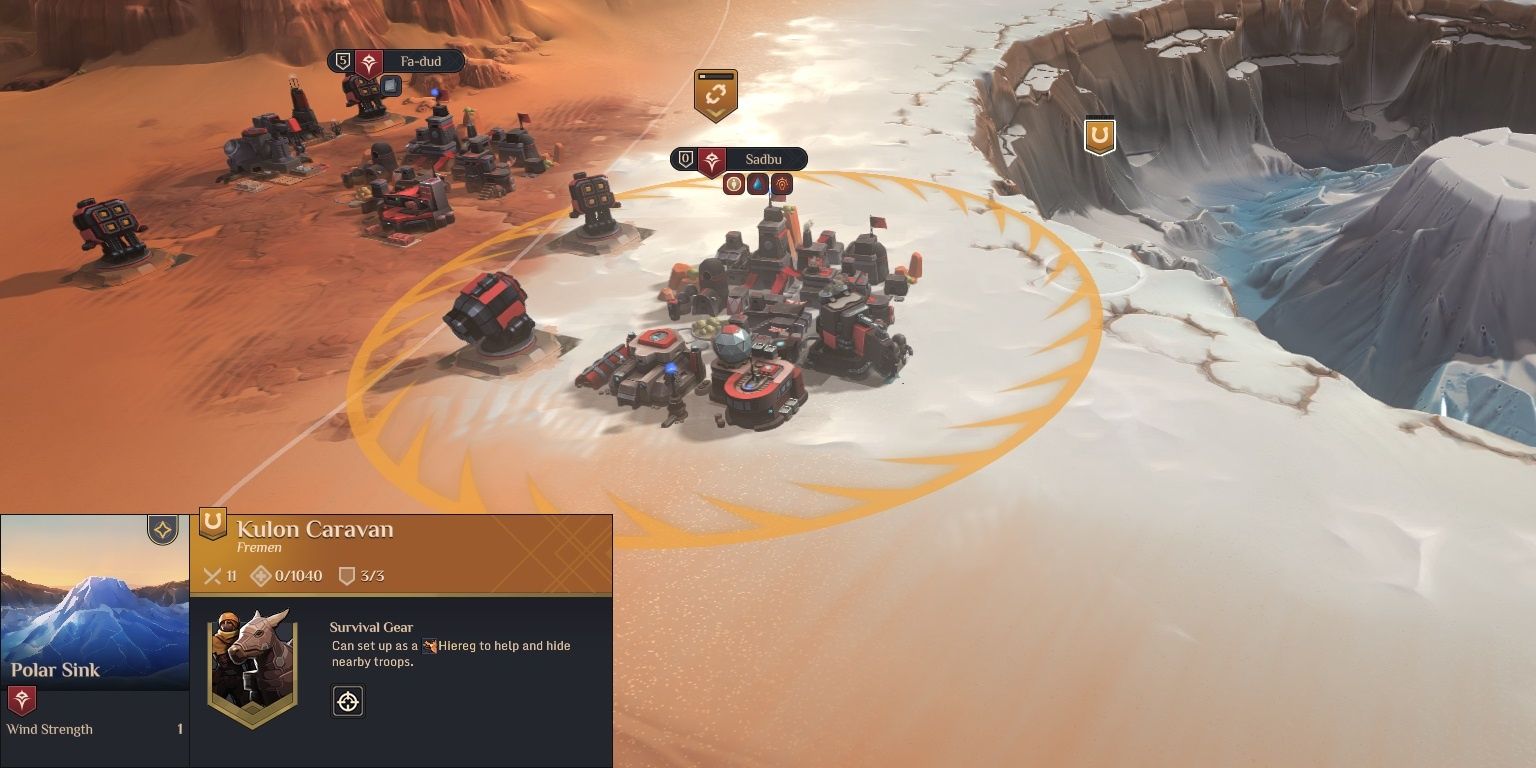
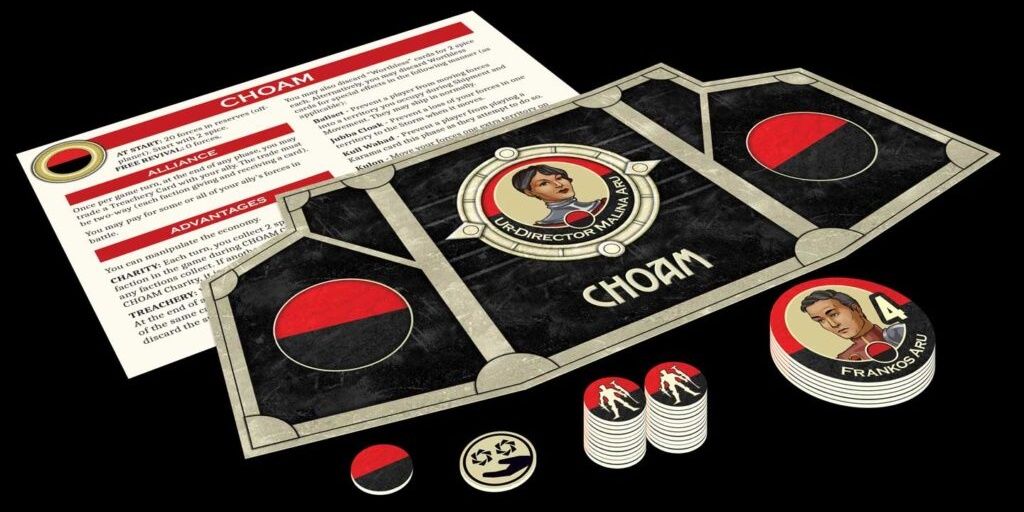
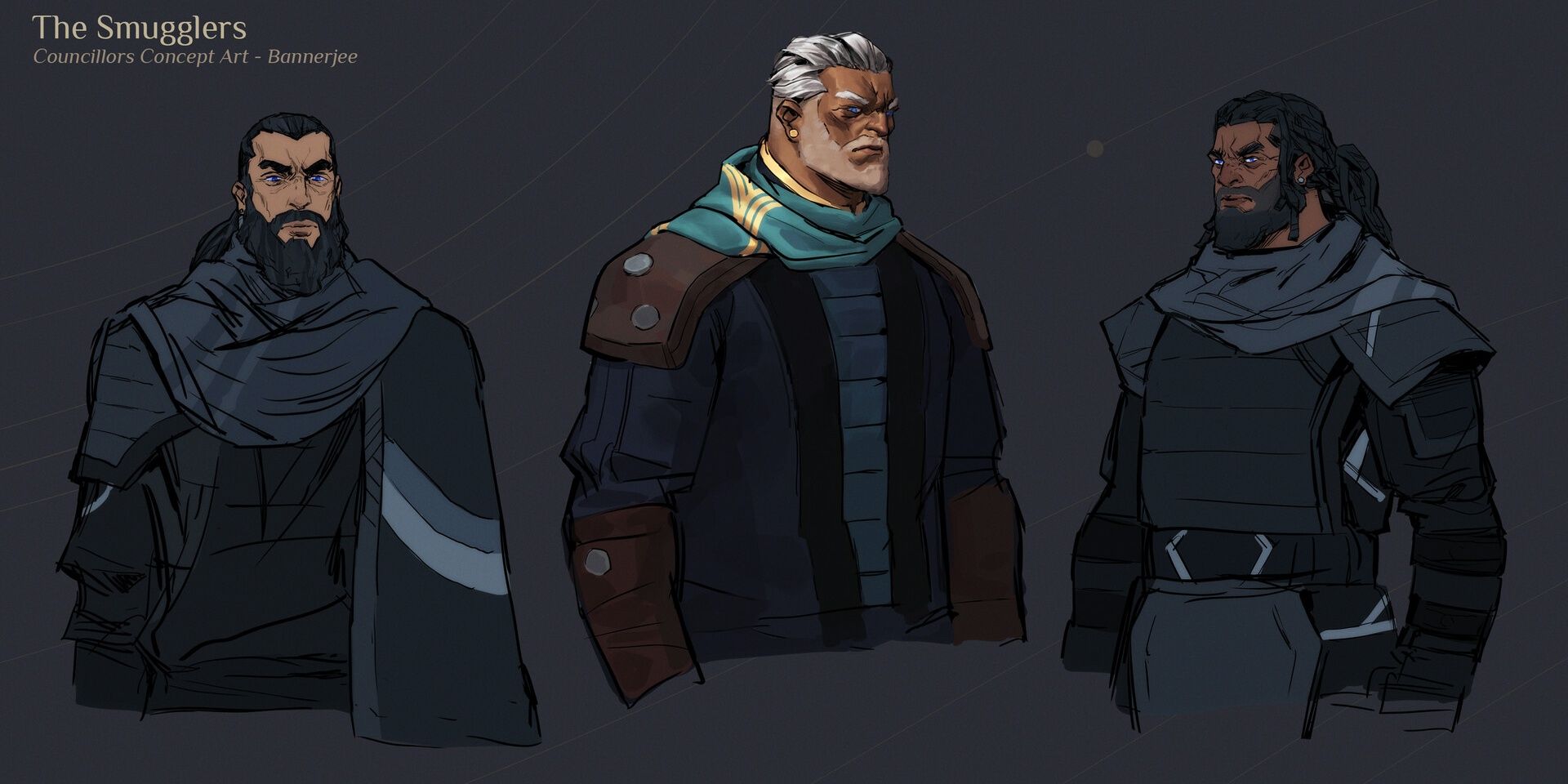
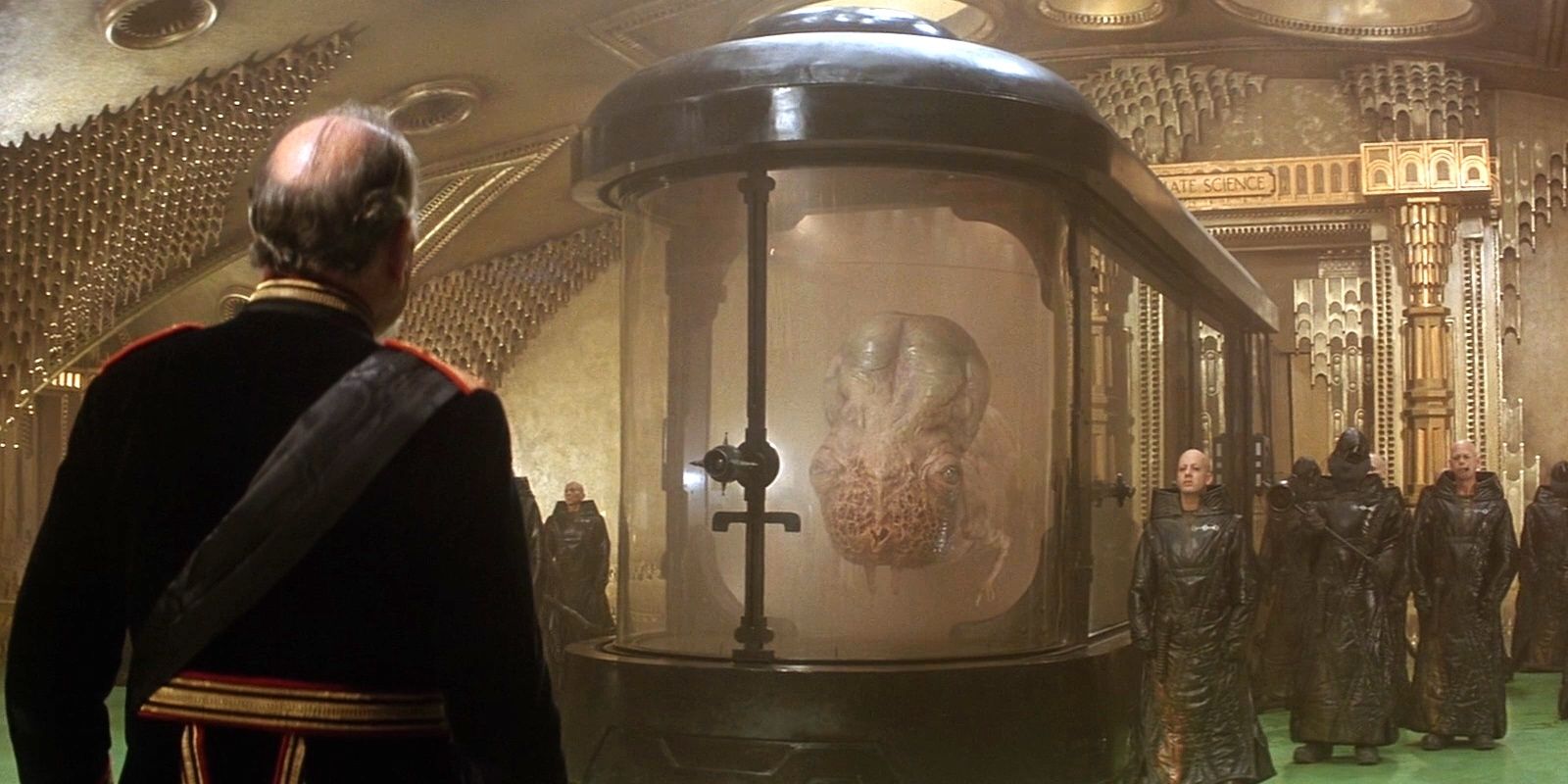
.jpg)
